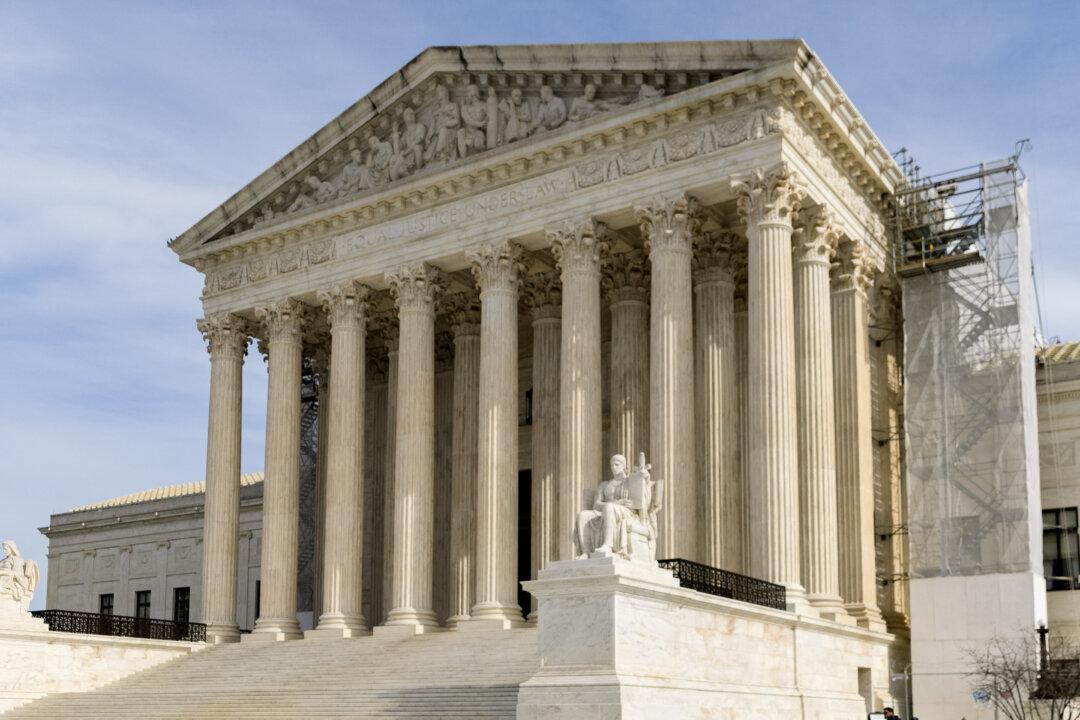A group of constitutional law scholars and former government officials are asking the Supreme Court to deny former President Donald Trump’s request that the justices halt a ruling against his claims to presidential immunity.
The U.S. Court of Appeals for the DC Circuit had upheld DC Judge Tanya Chutkan’s decision not to dismiss Special Counsel Jack Smith’s prosecution. It further mandated that Judge Chutkan’s proceedings would resume unless President Trump showed he filed for relief with the U.S. Supreme Court.





